Search results14 results
COLLECTION
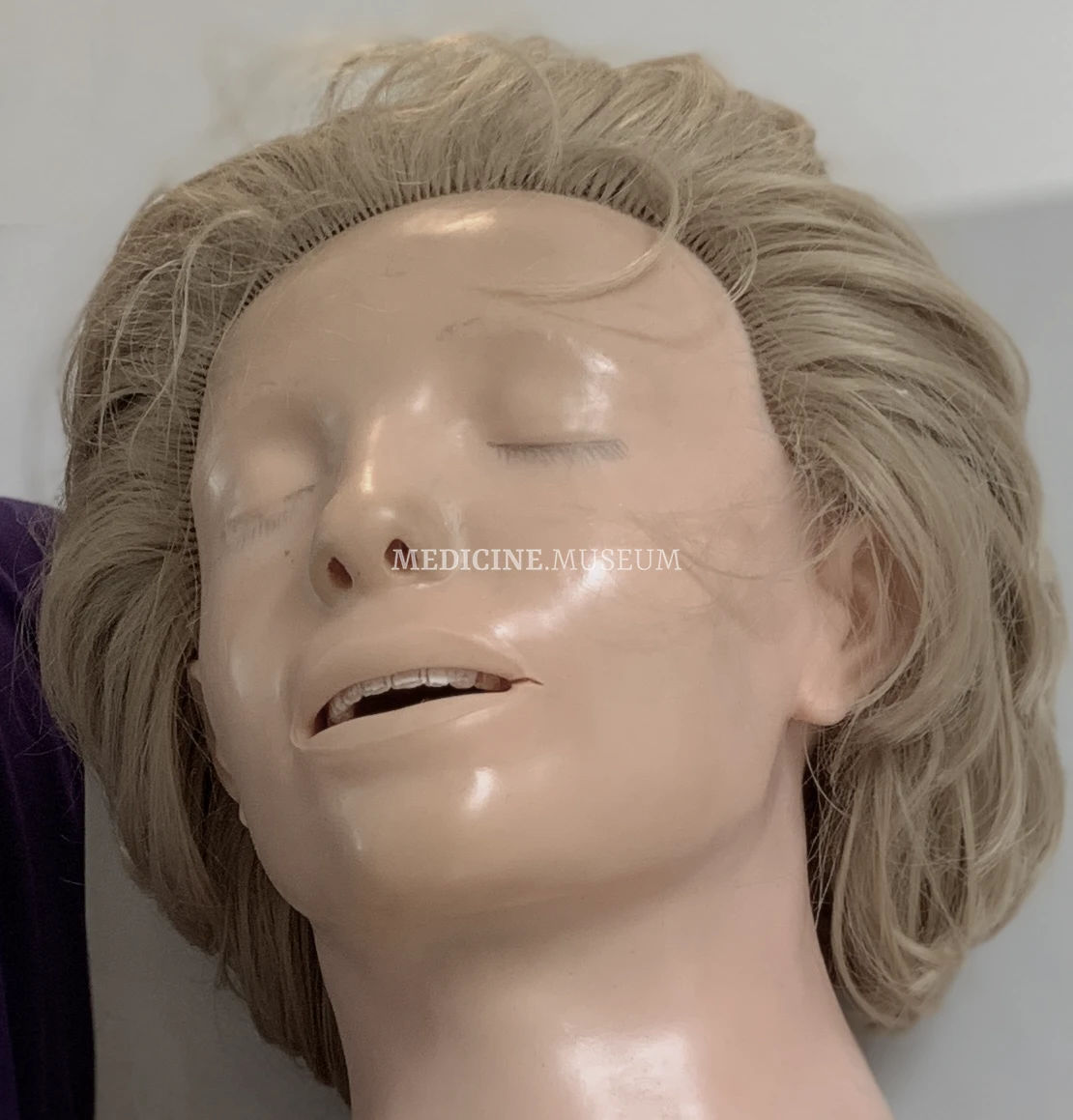
Norway, 1965
Anatomic Anne, a manikin for the mouth-to-mouth respiration and chest compressions training, a sister-product of the globally known Resusci Anne CPR training torso invented in the 1960s by Åsmund Lærdal, Norwegian entrepreneur.
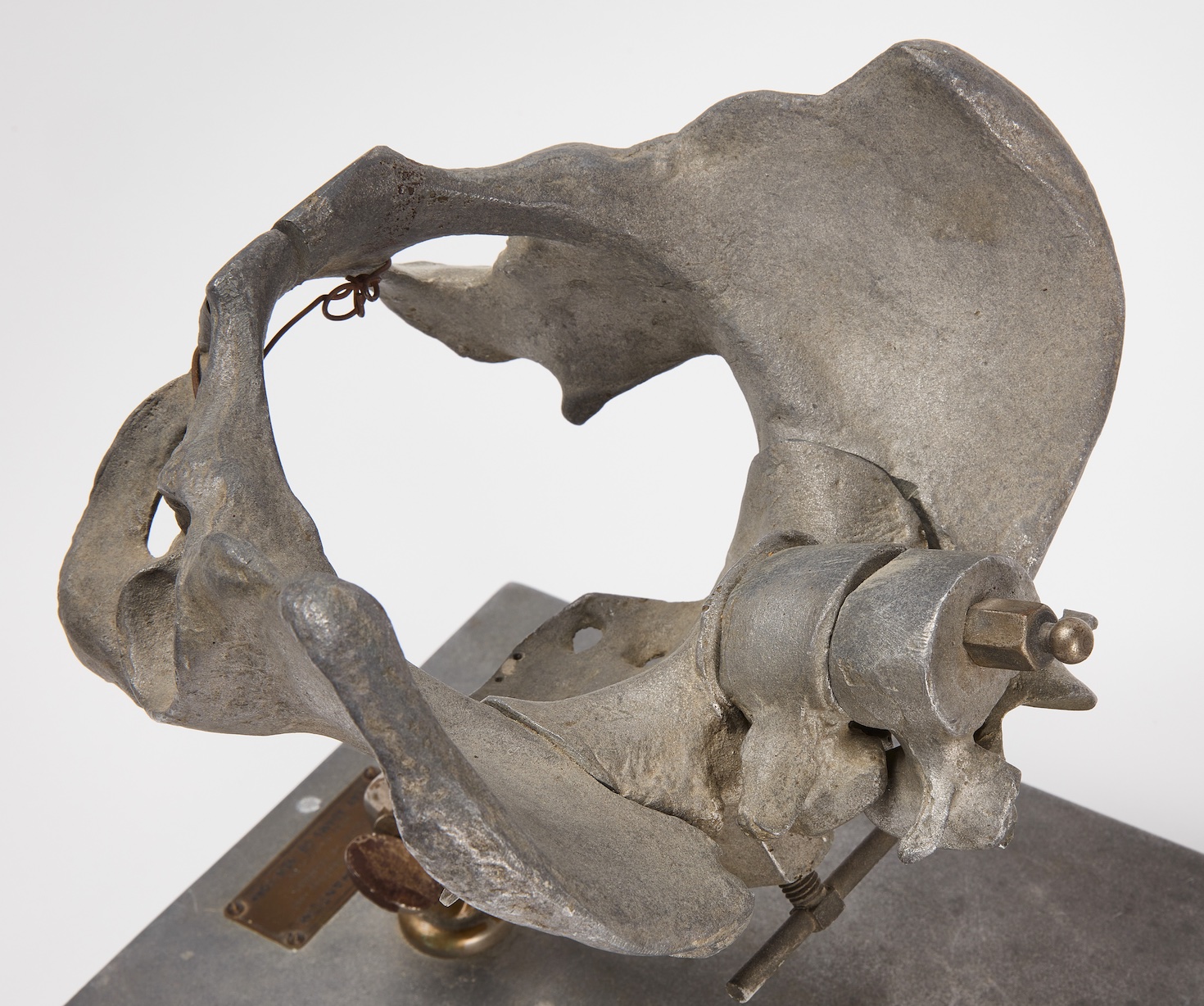
USA, 20 C. 1 half
Stander Female Pelvis Phantom, a Manikin for Teaching and Practice of Obstetrics (Educational Aid). Made by Clay Adams Co. New York, 1920
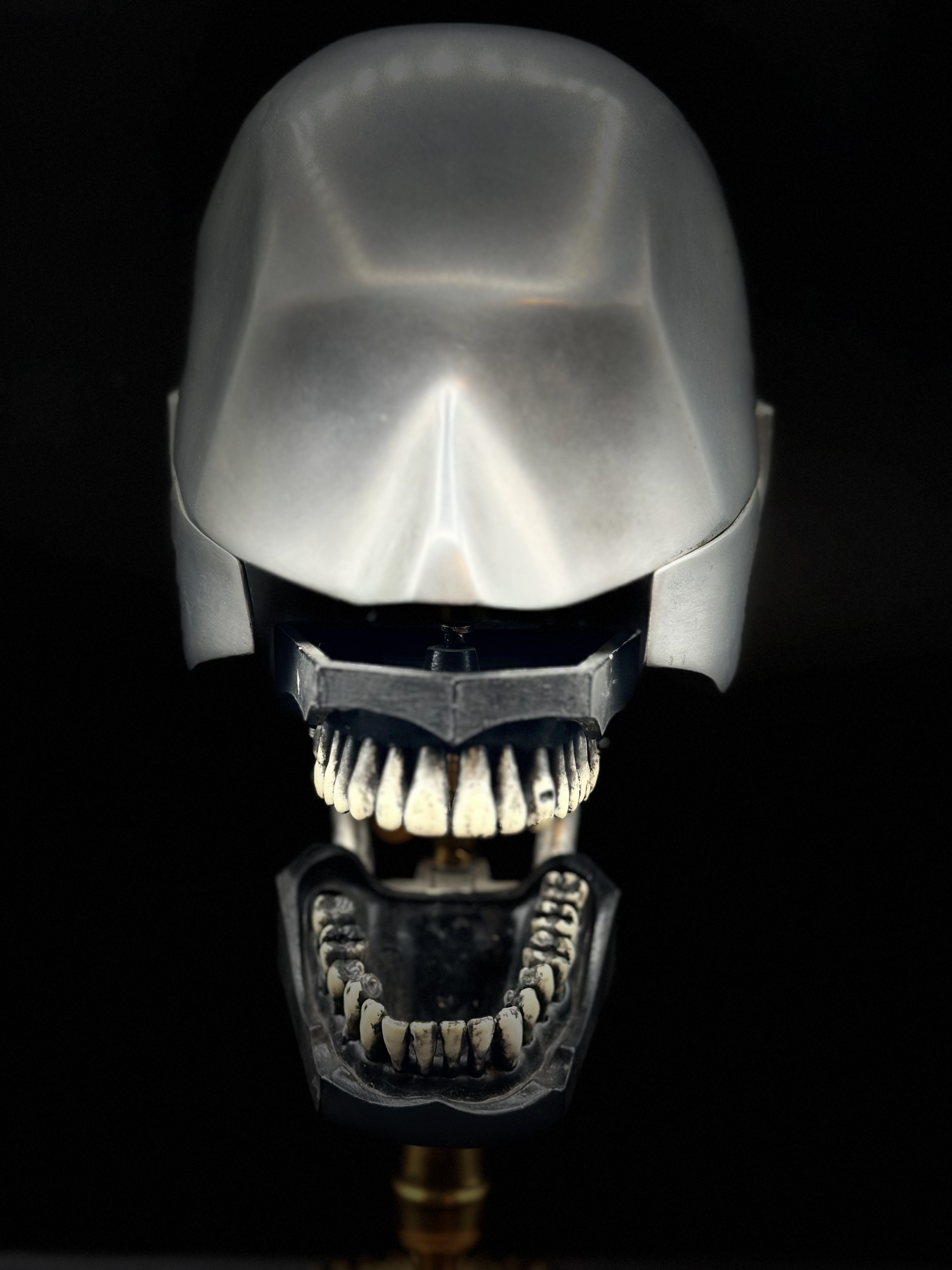
USA, 20 C. 1 half
A rare American dental training phantom head with an articulated mandible made of aluminium and plastic by Columbia Dentoform Corp., first half of the XX cent. On the lower side of the plastic mandibula written: 'R362 / COLUMBIA DENTOFORM CORP. / NEW YORK.' The scull part of the head is made of silver-colored metal alloy, and the teeth and jaws of black and white plastic. The phantom is mounted on the bronze pole and is housed in a glass dome.
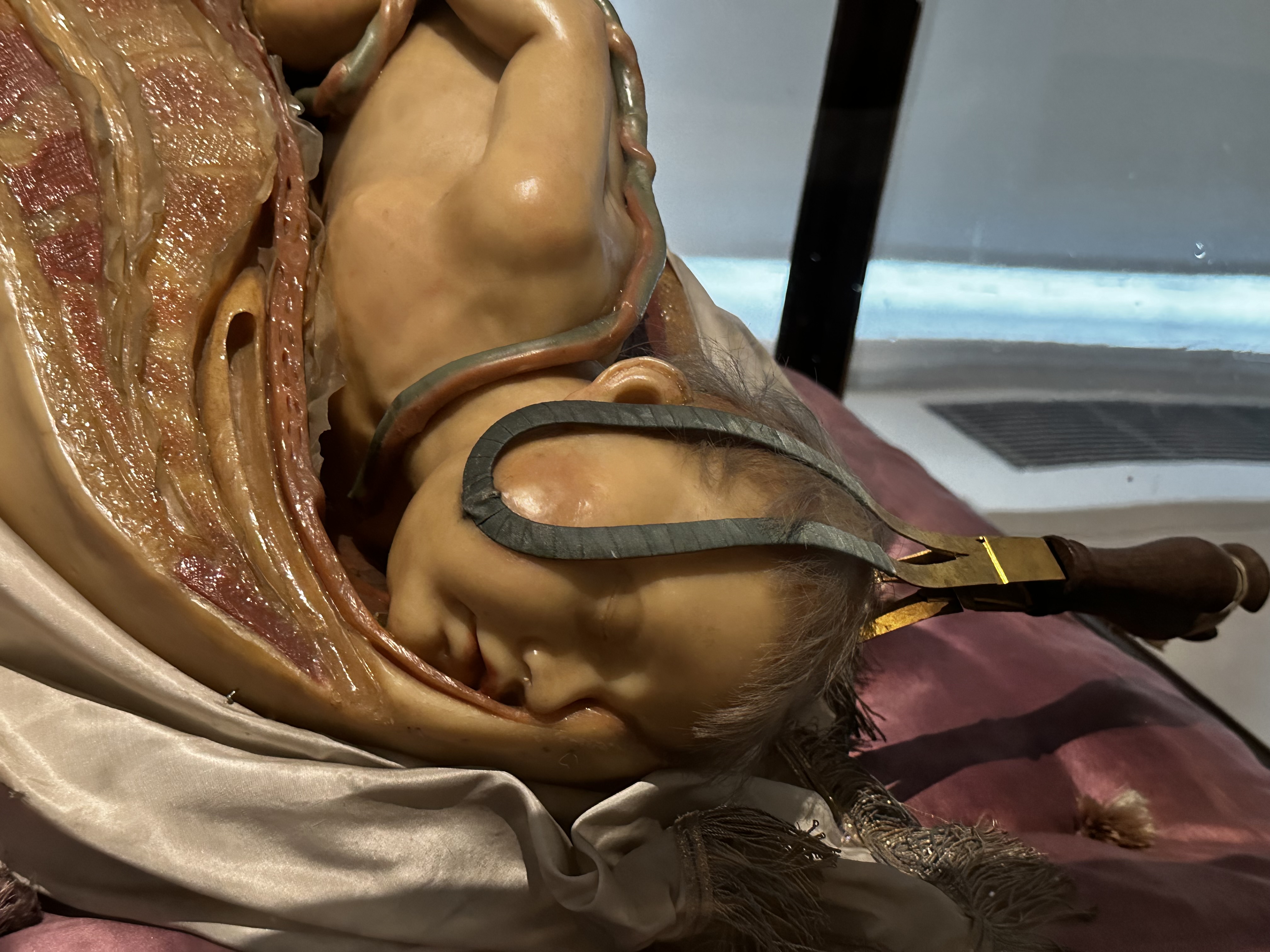
Austria, 18 C.
The Josephinum is the owner of one of the world's largest collections of anatomical wax models from the 18th century, commissioned by the Austrian Emperor Joseph II. The order of 1,192 pieces was made between 1781 and 1784 and fulfilled in Florence under the supervision of the physicist, anatomist and naturalist Felice Fontana, physician and anatomist Paolo Mascagni, and modeller Clemente Susini. Today, the unique collection is on display at the Josephinum and includes full-length models as well as individual body parts, organs and systems. The exhibits are stored in original vitrines of rosewood and Venetian glass.
LIBRARY
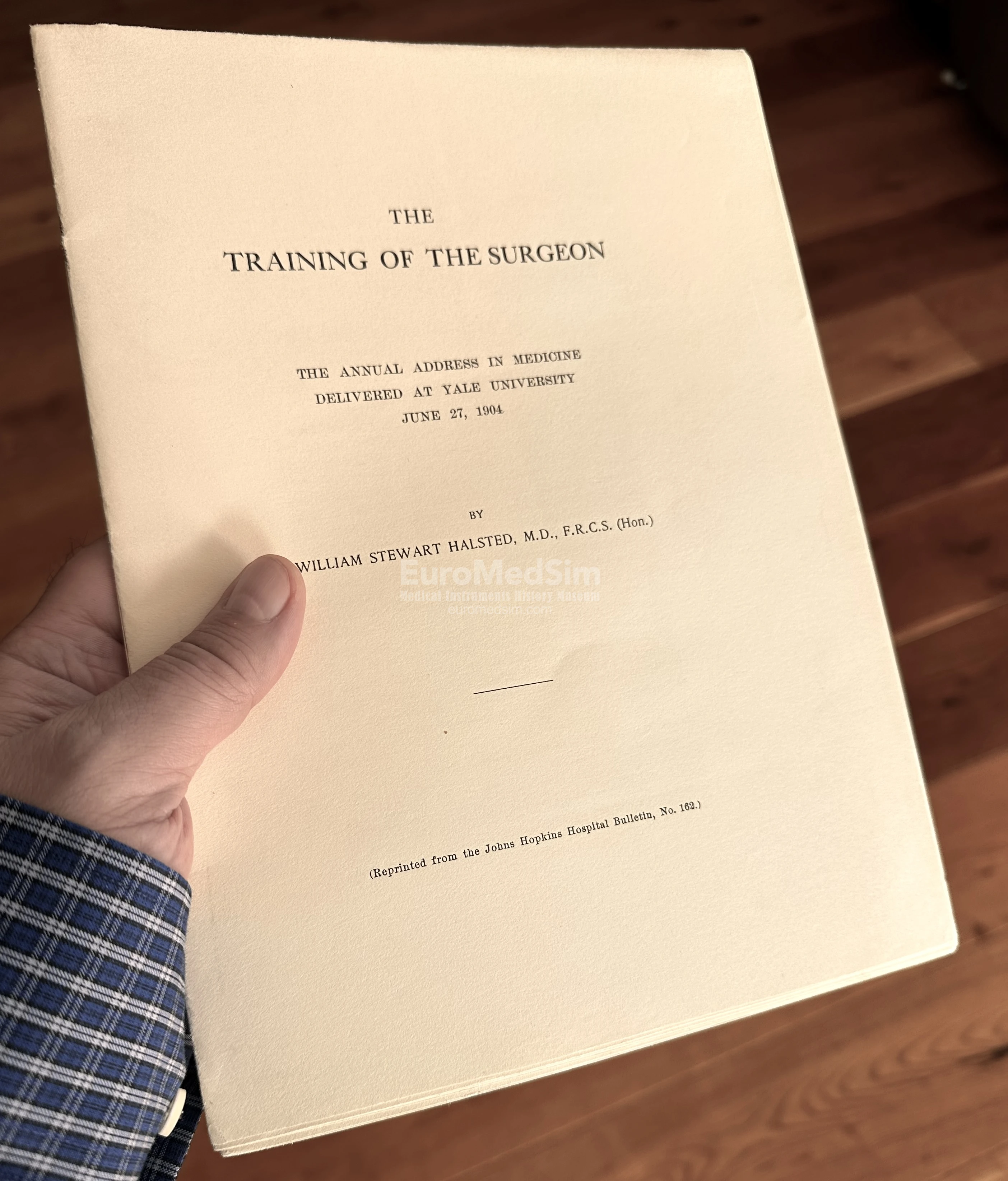
USA, 1904
Halsted, William Steward
The training of the surgeon : the annual address in medicine delivered at Yale University, June 27, 1904 / by William Stewart Halsted. The first edition. This lecture emphasized that surgical skill must be built through rigorous, systematic training rather than quick apprenticeship. He argued for long, carefully supervised residency programs, where surgeons-in-training would gradually assume responsibility while mastering both technical skill and scientific inquiry. This lecture laid the foundation for the modern surgical residency system in the United States.
PEOPLE
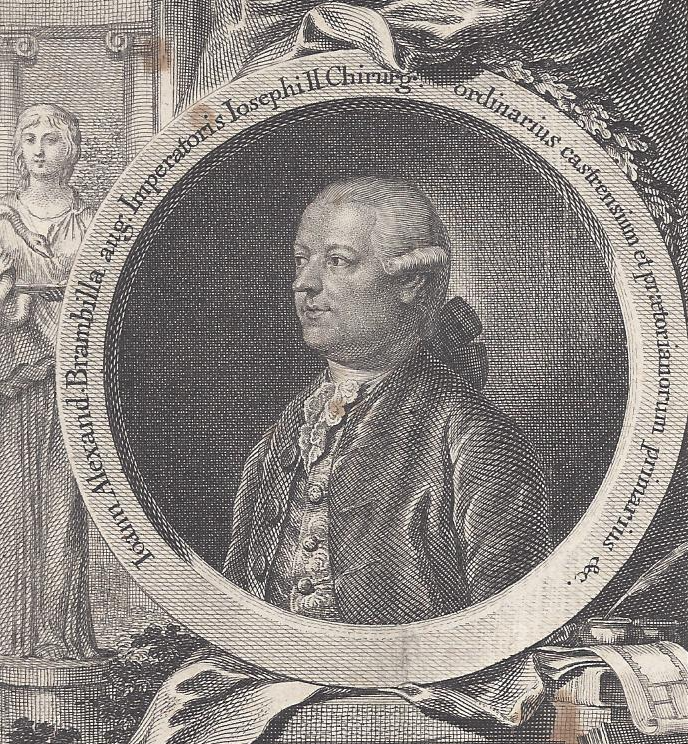
Giovanni Alessandro Brambilla, Baron di Carpiano(San Zenone al Po, April 15, 1728 – Padua, July 30, 1800, was a great Italian and Austrian surgeon, Court Surgeon of the Emperor Joseph II, founder and the first director of the Military Medicine-Surgical Academy Josephinum, Vienna, Austria
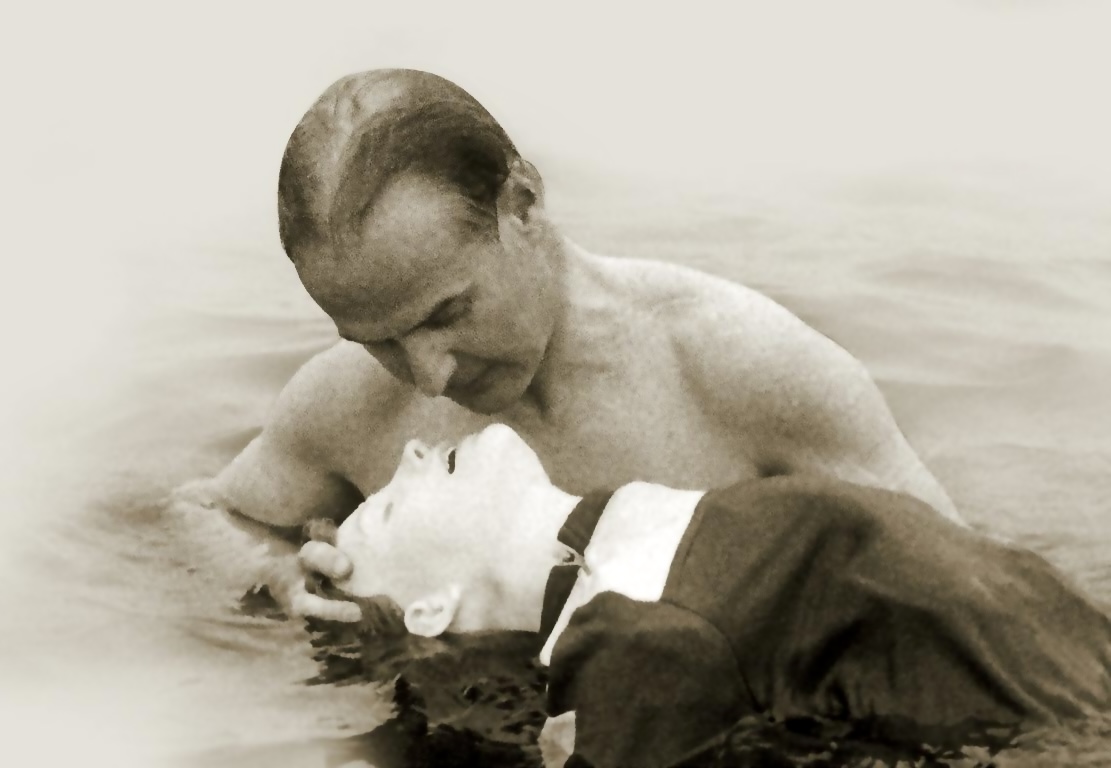
Åsmund S. Lærdal (Asmund S. Laerdal), a Norwegian entrepreneur and humanitarian, made significant contributions to emergency medical care by creating Resusci Anne, the first realistic CPR training manikin, in 1960. Laerdal's work revolutionized resuscitation training and later entire medical education. He founded Laerdal Medical, a company that continues to innovate in medical simulation, helping millions worldwide learn life-saving skills and reducing fatalities from emergencies.
FIRM
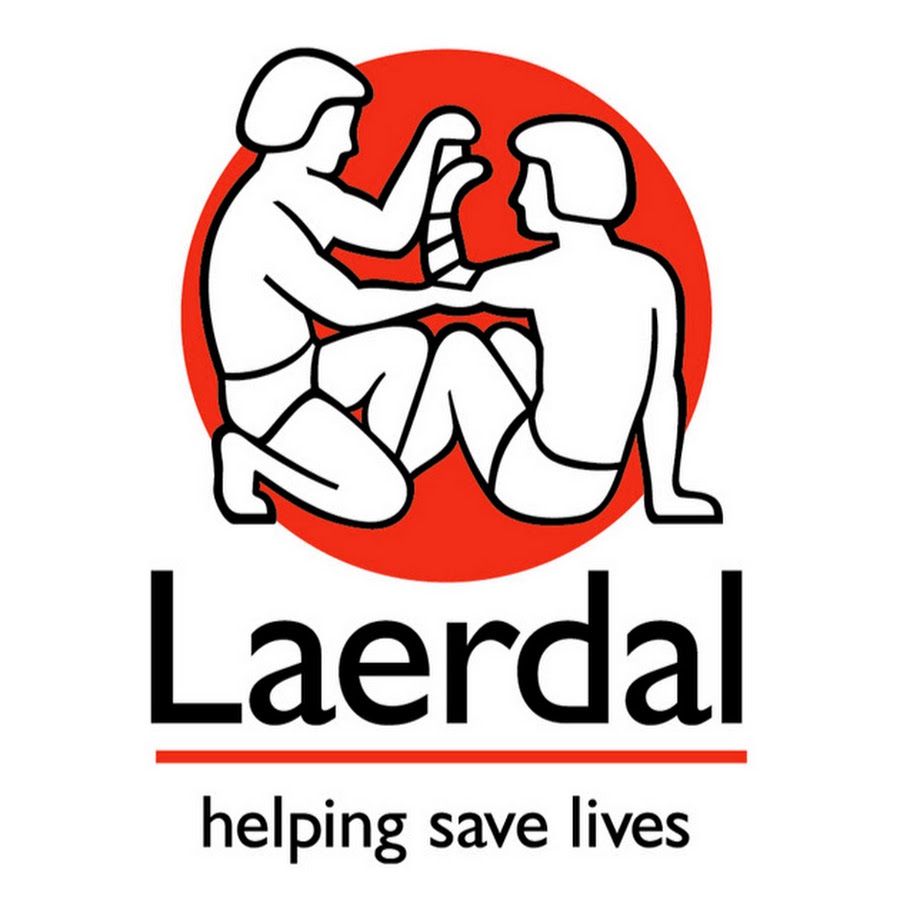
Norway, Stavanger
Laerdal is the company that made medical education different. Instead of 'see one, do one, teach one' future medical doctors today 'learn, practice, improve, repeat' – and all this without harming the real patients! It is here, in this company the world-wide used CPR mannequin Resusci Anne was born.
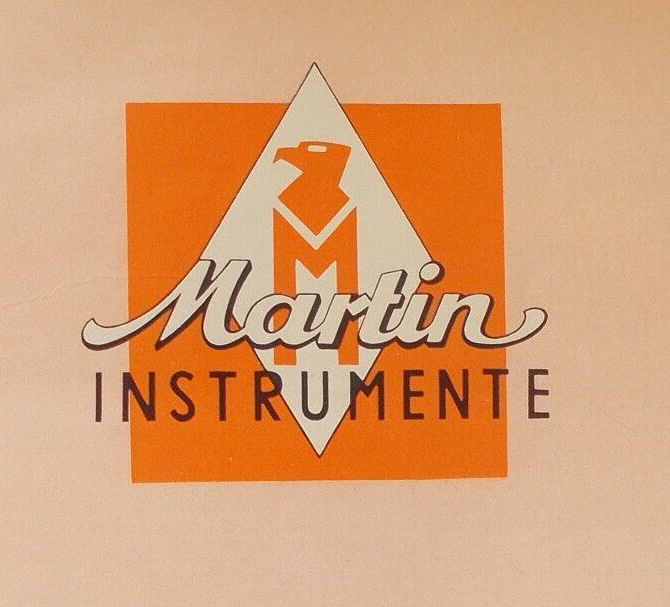
Germany, Tuttlingen
KLS Martin (founded in 1923) is a renowned German manufacturer of high-precision surgical instruments and implants, surgical lights, high-frequency coagulators, and lasers.
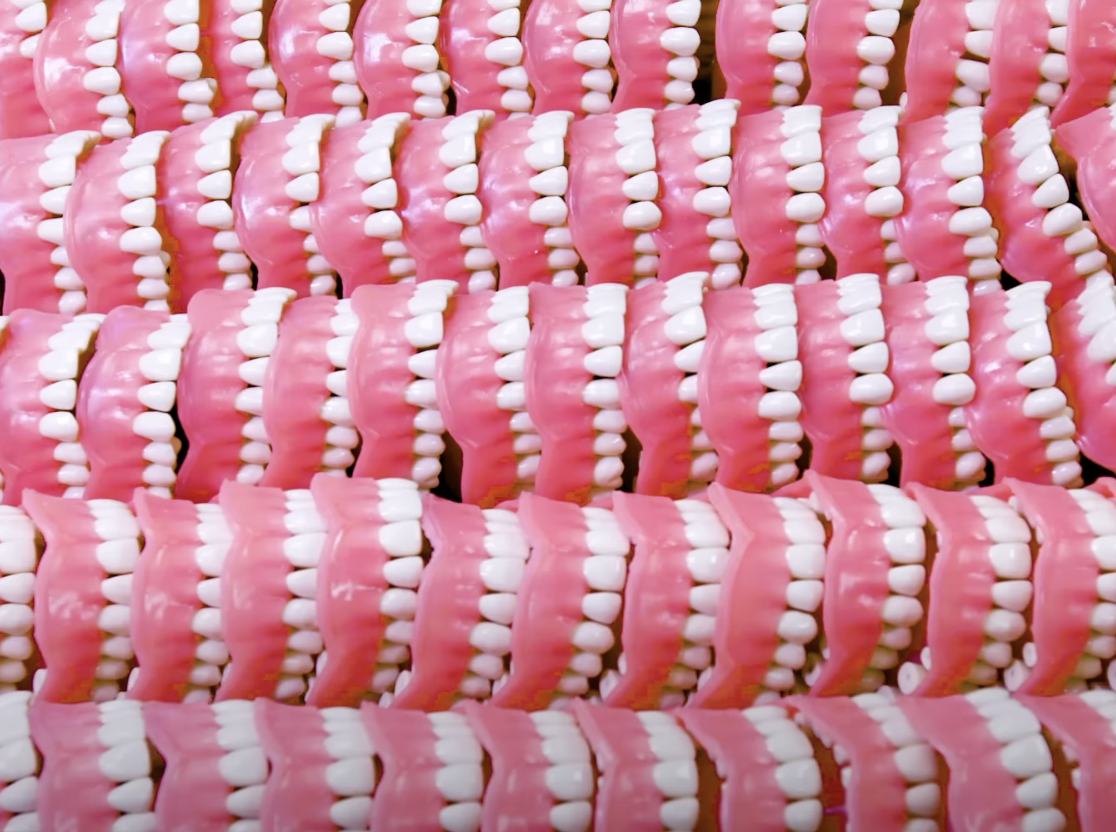
USA, New York
Columbia Dentoform, established in 1917 by Ben Spitzer, a Columbia University Engineering School graduate, began as the Columbia Dental and X-Ray Company in Manhattan, New York. Initially, the company provided x-ray equipment for dental offices and sold articulators and attachments to dental laboratories. Ben Spritzer In 1917, it introduced metal typodonts—his first phantoms for dental teaching and practice. Today, as part of the DentalEZ family of brands, Columbia Dentoform continues to develop and provide high-quality simulation products, maintaining its commitment to improving the instructional process and learning experience for dental students globally.
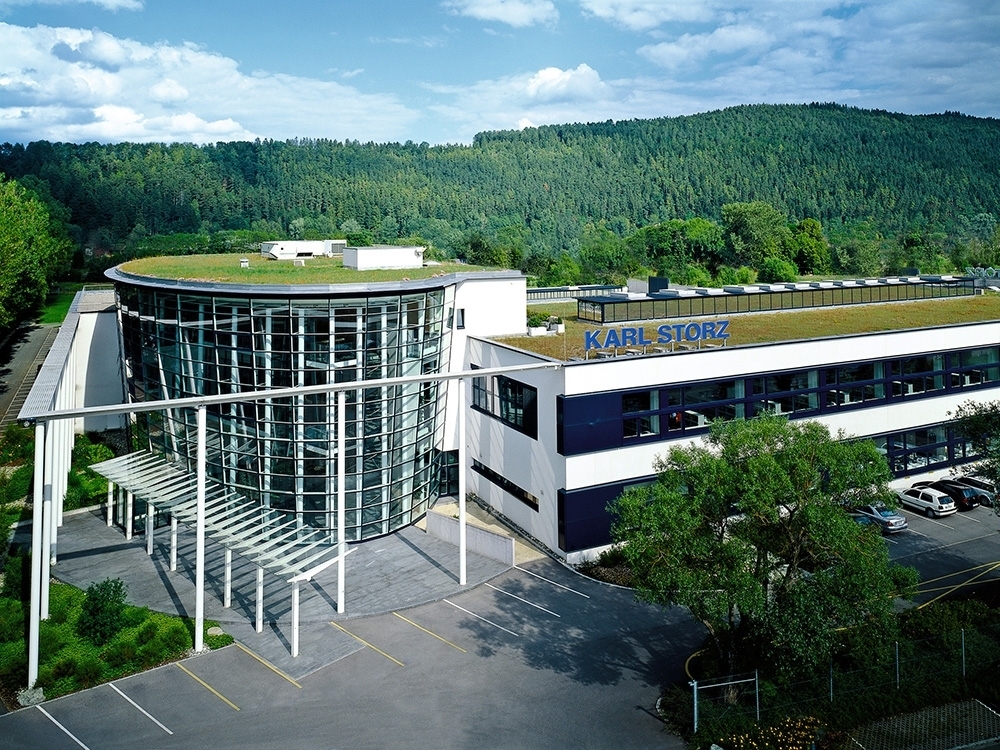
Germany, Tuttlingen
German company Karl Storz, "King of Endoscopy", is nowadays a world-leading manufacturer of minimally invasive surgical instruments and integrated operation room solutions
MUSEUM
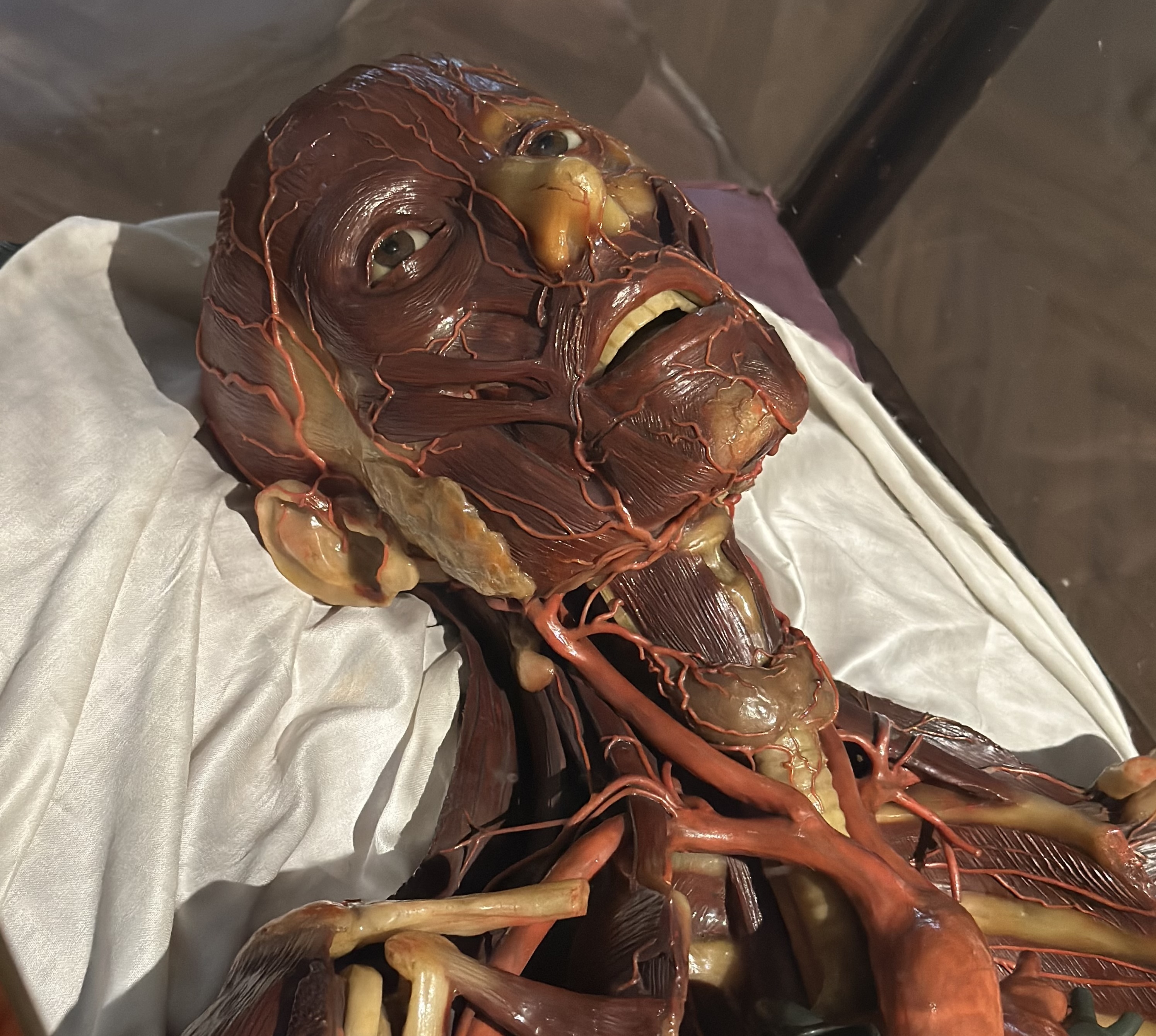
Austria, Vienna
The Josephinum in Vienna is a renowned medical history museum situated in the historical building of the Medical-Surgical Joseph's Academy established in 1785 under Joseph II, Holy Roman Emperor. Today, the museum houses the collections of the Medical University of Vienna, celebrated for its one of the world's largest anatomical wax models collection, which were crafted between 1784 and 1786 by Florence masters including renowned Clemente Susini. These models provide detailed insights into human anatomy and have been pivotal in medical education. After comprehensive renovations, the Josephinum reopened its doors in September 2022, offering visitors a blend of historical artifacts and modern exhibitions that chronicle over 650 years of medical history.
Articles

Wax anatomical models designed to train physicians and educate the public were once innovative educational teaching aids. Some world-class museums including La Specola in Pisa, Josephinum in Vienna, Palazzo Poggi in Bologna, Science Museum in London, Semmelweis Museum in Budapest, Muséum national d'Histoire naturelle in Paris are proud of their collections. This amazing craft, combining art and science, anatomy and chemistry, practical skill and theoretical knowledge, which stood at the forefront of innovation in the 17th and 18th centuries, originated and flourished in Northern Italy
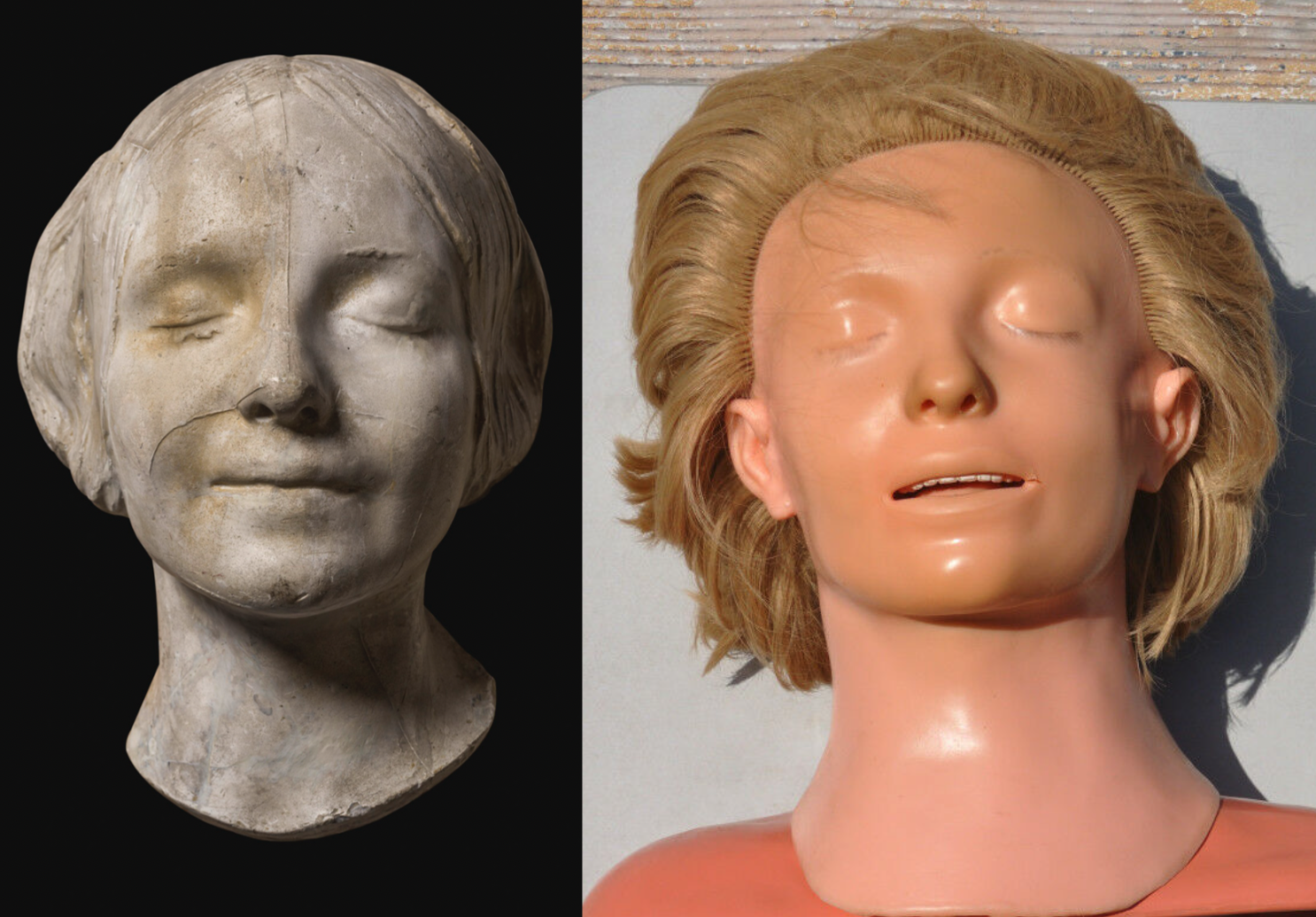
The famous mask of L'inconnue de la Seine or La Belle Italienne served as prototype for the face of the world's first and main cardiopulmonary resuscitation manikin, Resusci Anne. The mask's history is worthy of further investigation, as it has been previously researched and is still a topic of ongoing study.